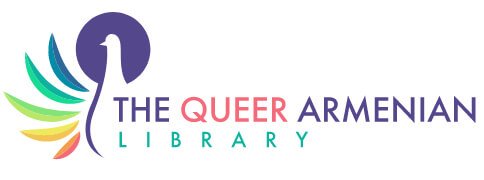Published in 2021, “I Am Queer Because I Am Armenian”: On the Queerness of Racially Ambiguous Diasporic Belonging by Nelli Sargsyan is a research article published in Transforming Anthropology (vol 29, issue 1). Sargsyan writes, “Drawing on the discourses of queer Armenian American diasporic women, I argue that in order to understand queer ethno‐diasporic belonging we need to think of queer desire and racially ambiguous ethnolocality in tandem.”
Transforming Anthropology is a Journal of the Association of Black Anthropologists published by The University of Chicago Press.
Dr. Nelli Sargsyan is an anthropologist. As a feminist, Sargsyan situates herself at the disciplinary intersections of political anthropology, queer studies, and affect studies, among others. In her scholarly-poetic work and teaching Sargsyan is interested in stretching disciplinary and genre boundaries to explore the multi-sensory possibilities of feminist world-making. Sargsyan’s most recent research focuses on reproductive justice in conditions of militarization and life-sustaining relationships across the borders of states and species. Sargsyan’s work has appeared in academic journals such as Feminist Anthropology, Transforming Anthropology, Political and Legal Anthropology Review (PoLAR), Women and Performance: A Journal of Feminist Theory, as well as on online platforms such as Ms. Magazine, Los Angeles Review of Books (LARB), and Anthropology Now.
What does it mean to be of a diaspora, when you are displaced from the Black/Person of Color/white racial paradigm due to its inadequacy, at the same time as you are displaced from your diasporic ethnolocality due to your queer desire? […] Diasporic ethnolocality and queer desire simultaneously mark each other as (in)commensurable and animate each other, because for queer Armenian women the desire for ethno‐diasporic belonging emerges at the site of displacement from diasporic ethnolocality due to queer desire.
From the article abstract
To access the article you will need to purchase it here: https://doi.org/10.1111/traa.12176. Or you can read it for free if your university or college has a membership subscription.




